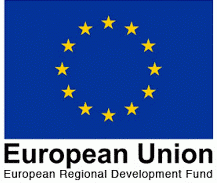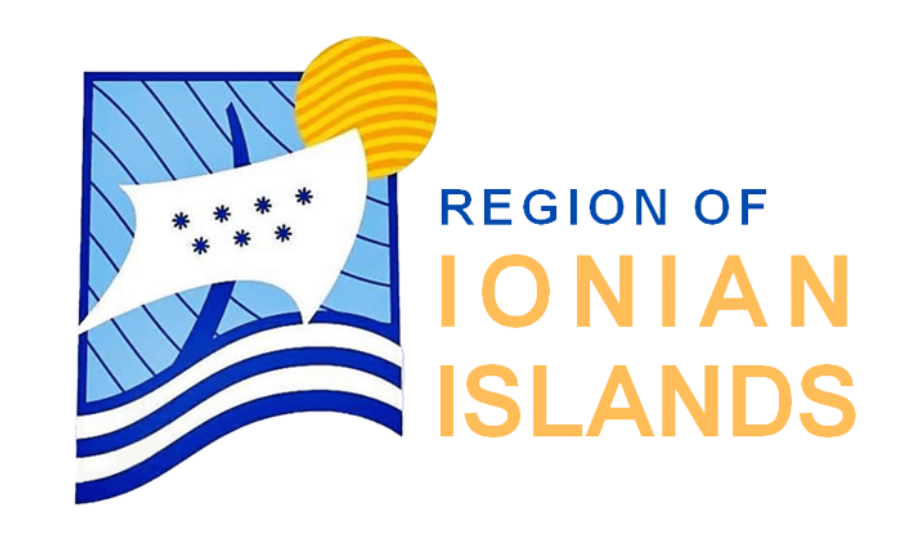to record phytogenetic resources of medicinal value and assemble a collection of propagation material,
to characterise collected plant specimens based on morphology,
to evaluate secondary metabolites of medicinal interest,
to preserve selected plant material via in vitro propagation and establishment in the greenhouse, and
to educate the potential beneficiaries (nurseries, farmers, pharmaceutical and cosmetics industries) and the general public about the value of native flora and the potential for its utilisation
The Laboratory of Soil Science of the Ionian University undertook the tasks of the field survey, characterisation of specimens, in vitro propagation of the species of interest and the realisation of nutrition experiments in the field, in the lab, and in the greenhouse. The Laboratory of Quality Control of Wine and Spirits of the Ionian University undertook the chemical analyses to determine secondary metabolites of medicinal value. The Department of Digital Media and Communication of the Ionian University undertook the tasks of diffusion and communication.
Initially, we established a sampling programme to survey phytogenetic resources of medicinal value. During the surveys, we marked promising specimens as potential donors of propagation material (seeds and cuttings) in order to establish our collection of plant propagation material. We identified the collected specimens based on morphological characteristics. For the task of in vitro propagation, we selected three taxa with medicinal properties known since antiquity: Two orchids, the lax-flowered orchid (Anacamptis laxiflora) and the broad-leaved helleborine (Epipactis helleborine), and a member of the mint family, the Cephalonian skullcap (Scutellaria rupestris subsp. cephalonica). Once we drafted the suitable protocols, we proceeded to propagate the selected taxa in vitro.
During the first years, the plantlets were potted outdoors. Once construction of the greenhouse was completed in 2023, we transferred the potted plants to the greenhouse. Meanwhile, we conducted experiments, both in the field and in the greenhouse. The experiments studied factors that affect growth and development of seedlings, with emphasis on nutrition. The plant material that resulted from the task of in vitro propagation was evaluated with chromatographic techniques as far as its anti-oxidant properties and its content of secondary metabolites with medicinal interest.
Co-Financed by Greece and the European Union


